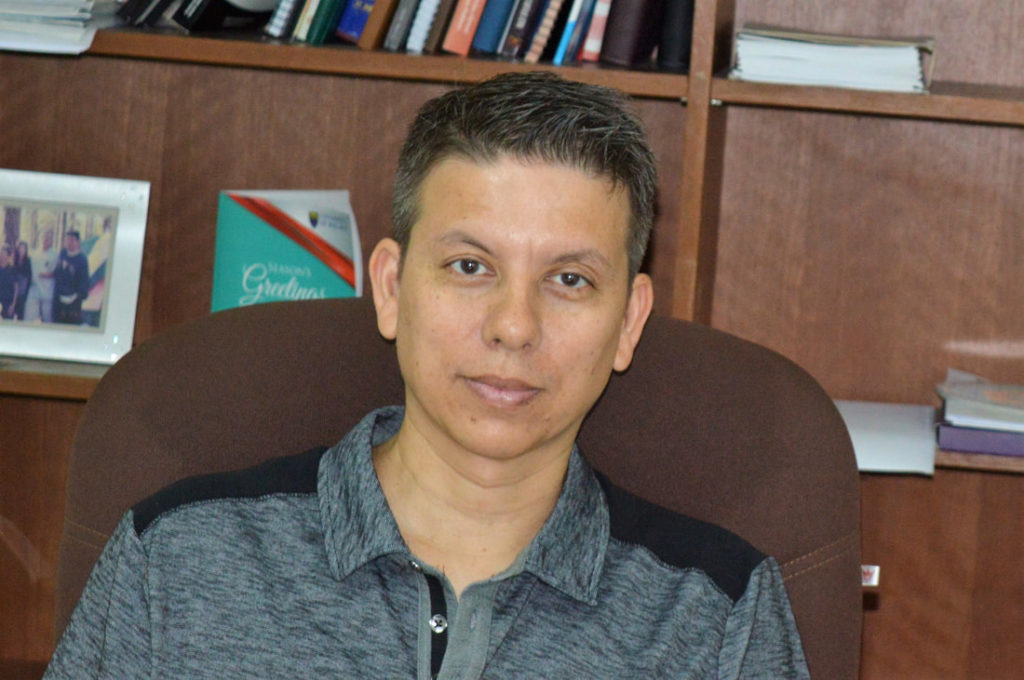
Now available in the newly published Volume 32, Issue 4 of Learned Publishing. Access to Learned Publishing is a benefit of membership in SSP. You can read the full-text online.
Stewart Manley | Learned Publishing | Volume 32, Issue 4
Key Points:
- The 2017 Sci‐Hub judgment has, to date, proven unenforceable, and it appears that enforcing the 2019 OMICS judgment will similarly prove challenging.
- Business developments and changing expectations over sharing digital content may also undermine the impact of the ongoing cases against ResearchGate and Georgia State University.
- Stakeholders should consider these limitations when deciding how to resolve scholarly publishing disputes.
Legal scholar and author, Stewart Manley, told us a bit about his interest in this topic.

Stewart Manley, Faculty of Law, University of Malaya
What drew you to this topic?
Several years ago, a senior colleague asked me if he should respond to an email request for an article manuscript. After seeing the quality of the articles on the journal’s website, I advised him to delete the email. His reply, to my surprise, was ambivalent because he wanted to publish quickly and without critical feedback from reviewers. My curiosity was piqued and I began to read all the articles I could find on what is, for better or worse, called “predatory publishing”. After the Federal Trade Commission sued alleged predatory publisher OMICS, I saw an opportunity to combine my legal background with my interest in predatory journals. For the article in Learned Publishing, I expanded my analysis to address the suits against OMICS, Sci-Hub, ResearchGate and Georgia State University for a broader look at how litigation in scholarly publishing faces a number of obstacles.
What surprised you the most about your findings?
Two things, both discovered while I was reading the court documents from the OMICS case. First, I was taken aback that researchers from prestigious American educational institutions, like Yale University and Columbia University, signed letters supporting particular OMICS journals. The letters state that “journal staff and editorial board members have worked very hard for the journal to establish its high professional standing” and the researcher “strongly recommend[s] this journal to be indexed in PubMed Central”. The hundreds of letters can be found online.
Second, in the Federal Trade Commission court filings were several consumer complaints indicating that in its earlier days before becoming the open access mega-publisher it is today, OMICS may have been involved in some sort of mail scam. For instance, in 2012, a Florida consumer’s credit card was charged postage for six express mail envelopes. Twelve mysterious envelopes arrived later with “Return to Sender” stickers on them, each containing a check worth $3,800 payable to different people. The checks were issued by OMICS Publishing Group and signed by “Dr. Srinu Babu Gedela”. As another example, in 2011, after answering a Craig’s List ad for a nanny, a Wisconsin consumer received a response that “Sharon and family” were moving to Wisconsin and a check would be sent to buy some toys for Jerry, the child who was to be cared for. A check for $2,200 was received with instructions to deduct $400 for the consumer and wire the rest to “Marge Filtz” via Western Union. The check was from OMICS Publishing Group.
The October issue of Learned Publishing is now available! The entire issue, including Stewart’s article, is available as part of your SSP membership!


Join the Conversation
You must be logged in to post a comment.